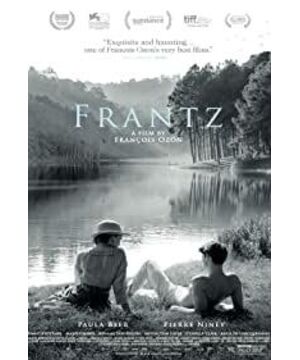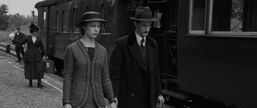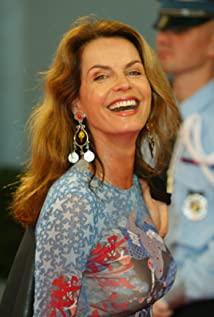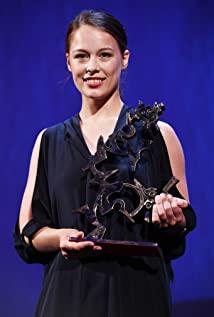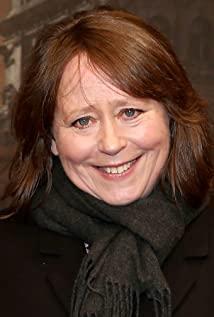The clip of the male protagonist "remembering" the female protagonist's fiancé Franz was really ambiguous. For example, the still/bridge of the two playing the violin is a stalk of an early German gay film (refer to "Anders als die Andern" in 1919). I think the male protagonist fell in love with Franz from the moment he found out that Franz was killed by himself but never started to rob him. It is fraternity that transcends gender. Later, the lies he made up for the female lead were also sweet dreams made up for himself. He fell in love with the Franz of his fantasy. I once saw a film review about this film saying that the director was using the expression "same-sex ambiguity" to express a love that transcends definitions and transcends the mundane. I think it makes sense. This is Franz's fraternity for peace, for humanity, and for the male protagonist. It is also the male protagonist's pursuit of this fraternity.
View more about Frantz reviews


